The Class that Made a Difference: Modern British Poetry (Dr. Bob Burcaw)
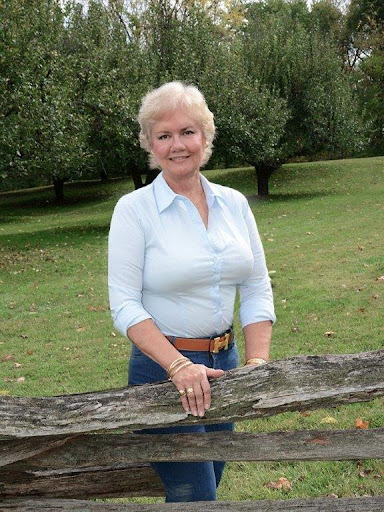
Photo courtesy of Carol Henn
Carol Henn graduated from Moravian College in 1968. She majored in political science and minored in English. In 2012, Henn retired as CEO of The Lehigh Valley Community Foundation in Allentown. Her book, Oilcloth Stories, was published in 2015.
When I read the words, they seemed to knife right into my heart. They were words in a poem by British writer Wilfred Owen, a poem written in the aftermath of World War I, the war that was supposed to “end all wars.” Owen’s poem takes us to the asylums to which shell-shocked veterans were confined, the places where returning British soldiers – who had seen too much and endured too much to keep their sanity – were housed:
…these are men whose minds the Dead have ravished … always they must see
these things … batter of guns and shatter of flying muscles, carnage incomparable …
Thus, their hands are plucking at each other … snatching after us who smote them,
brother, pawing us who dealt them war and madness.
I’ve never forgotten those words or the images and feelings they evoked. It would take many years, and many life experiences, before I realized that, in my studies at Moravian – which included brilliant courses in constitutional law; practical politics courses that took me to Washington, D.C., and to West Virginia, to work on Jay Rockefeller’s first campaign; and Independent and Honors studies – it would be Modern British Poetry, taught by Professor Robert Burcaw, that would have the most lasting and profound effect on me.
The works of the “war poets” were only one aspect of Dr. Burcaw’s course. Thomas Hardy’s “Neutral Tones” shows how potent subtlety can be, and offers this incredible description: “the deadest thing alive enough to have strength to die,” an image I’ve thought of more often than I care to admit.
The poem “Richard Cory” reminded me to never envy anyone, especially the wealthy or prominent, and Dylan Thomas’s achingly beautiful “Fern Hill” will always hold the memory as well as the reality of youth, of a time when “…I was green and carefree … In the sun that is young once only, Time let me play and be, Golden in the mercy of his means.”
But it was the war poems that seemed to have the most important effect on me. They deepened my compassion for fellow human beings: all human beings. In the way that only literature can, they gave me the seeds and the space in which to grow a deep and broad empathy, perhaps the most important quality we can cultivate and carry through life.
It’s easy to think of compassion and caring as being the natural gifts of those called to ministry or medicine or teaching. But in truth, empathy is critical to each of us, to our own well-being as well as to our work and relationships.
An accountant must have empathy for the client fearful of losing hard-earned assets, or the business owner striving to stay in business and preserve jobs.
Attorneys must have empathy for their clients as well as a love for the law.
Journalists must have empathy for a whole world in need of truth and light. Creators – artists, architects, writers, designers – must have empathy for the effects of chaos and confusion, to which their work is a necessary antidote.
Empathy for the planet itself, for the life it engenders and tries to protect, despite human misuse, is nothing less than a form of love, and … in our time … a form of self-preservation.
Perhaps empathy is the point at which love and understanding meet, enabling people to not only recognize and feel, but to also do what is right and good.
If we’re fortunate, we cultivate our inherent capacity for empathy along life’s way, when we feel sorrow for others, when we think of their interests as well as our own, and when we can see the world from their perspectives, understanding that most people have battles and burdens invisible to us.
Empathy opens our minds and hearts, elevating them to that higher plane, where we can discover and fulfill our life’s purposes, and from which all true success and lasting achievement comes.
And if we’re really fortunate, we’ll have teachers like Dr. Burcaw, and courses like Modern British Poetry, to take us to those higher planes, to where we have to go … in sense and spirit … to understand, in Dr. Burcaw’s words, “What it means to be human.”


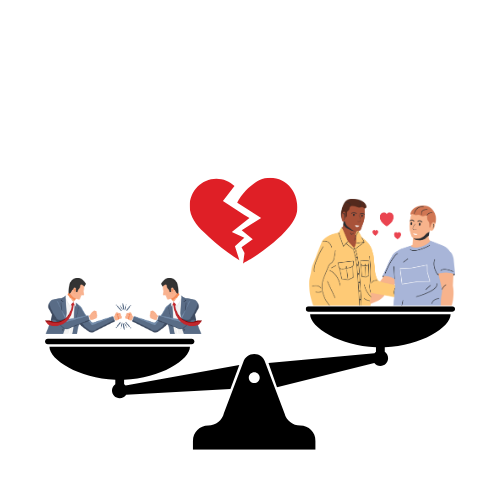


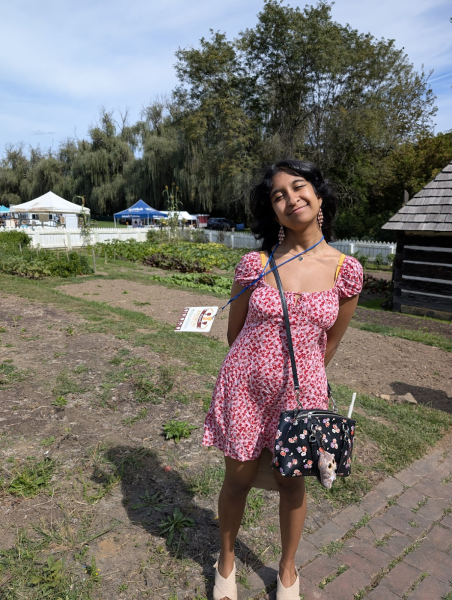

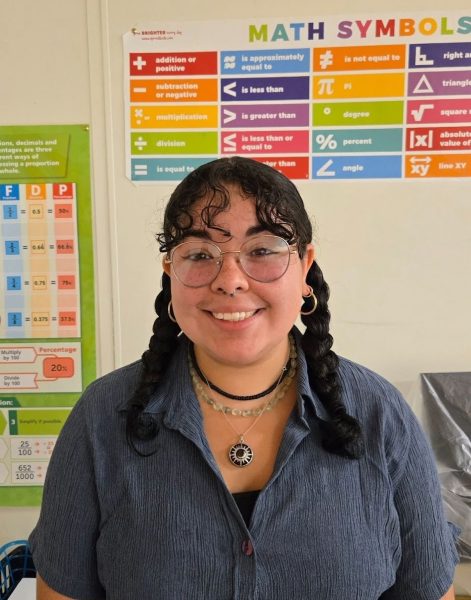
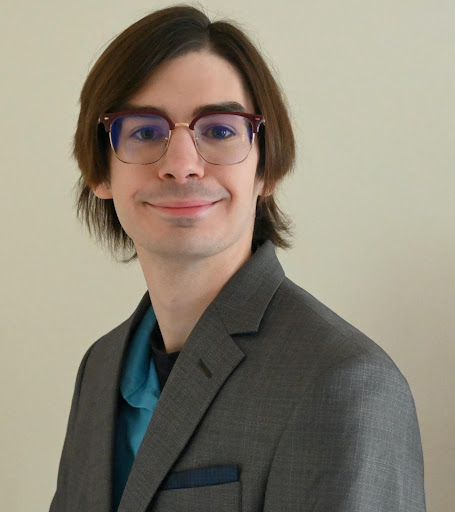
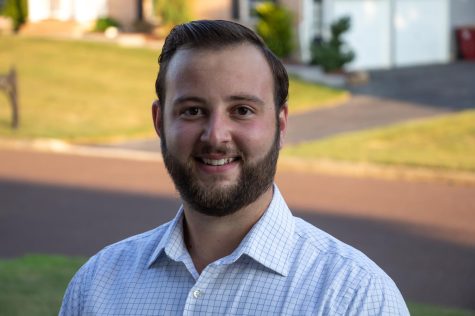
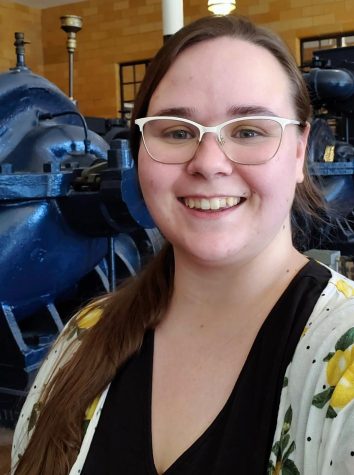
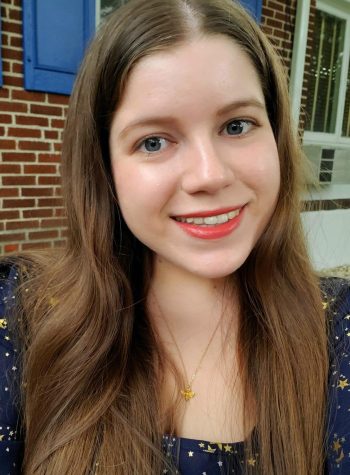
Joel Wingard • Apr 10, 2025 at 5:48 pm
“Richard Cory” was written by the American poet E.A. Robinson. Odd that it would be assigned in a British poetry class.